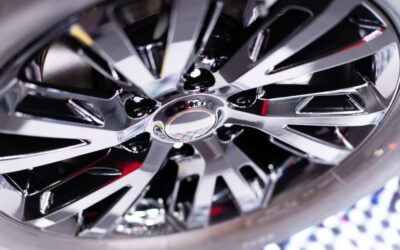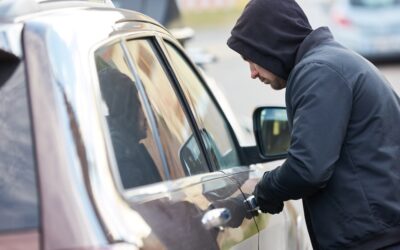Owning your first car is an exciting time. With a car comes freedom, flexibility and the opportunity to go shopping without heaving a load of plastic bags home on the bus. However, along with these privileges also comes a great deal of responsibility when you own a car. Make sure you know the do’s and don’ts of car ownership before you fall foul of the rules. Remember – ignorance is no defence.
It might seem simple, but make sure that you can afford your car. There are the obvious, important costs such as tax and car insurance for new drivers which need to be kept up to date at all times, but don’t forget to factor in routine maintenance like tyres, oil levels and light bulbs. And fuel. Work out how much fuel you are going to need and budget for it. To take advantage of the lowest prices, keep an eye out for fuel stations offering cut price fuel at certain times of the week.
Keep on top of the details. Make sure that your address and contact details are regularly updated as necessary, particularly if you’re living away from home as a student with car insurance. Hopefully the authorities or the DVLA won’t need to contact you, but it’s important that they know where you are if they do.
Maintain your car in a good condition. Make sure that your tyres are legal and that all of the MOT requirements are carried out. Check the oil and water regularly and keep your spare tyre in good condition. Also consider things like whether you need to do things like have winter tyres put on and keep snow chains in the boot during the colder months.
One of the most important aspects of car ownership is making sure that you are up to date with all the rules of the road. After passing your test you will know your highway code off by heart and recognise all the speed limits and restrictions, but as time passes it’s important to make sure that you stay up to date with everything that you need to know. Don’t forget to drive especially carefully around schools and crossings.
NEVER drink and drive. The legal limit for alcohol in your blood if you’re driving is 80mg of alcohol per 100mg of blood. However, road safety campaigners are constantly demanding a lower alcohol limit. The best thing to do is never consume alcohol if you intend to drive home. Don’t take your car with you so there’s no temptation to drive after drinking. And if you’ve been drinking heavily one night, bear in mind that it may take some time for your blood/alcohol levels to drop back within legal limits. Drink/drive punishments can include anything from a lengthy ban to punitive fines and community service and there are much harsher penalties for second offences. The same applies to taking drugs and driving – just don’t risk it.
Park considerately around your neighbourhood. Don’t block any access, or driveways, and keep noise levels low during anti-social hours. You may love your music while you’re driving but your neighbours probably won’t.
Owning a car can be an absolute pleasure – but only if you keep on top of all of the responsibilities that come with it.




